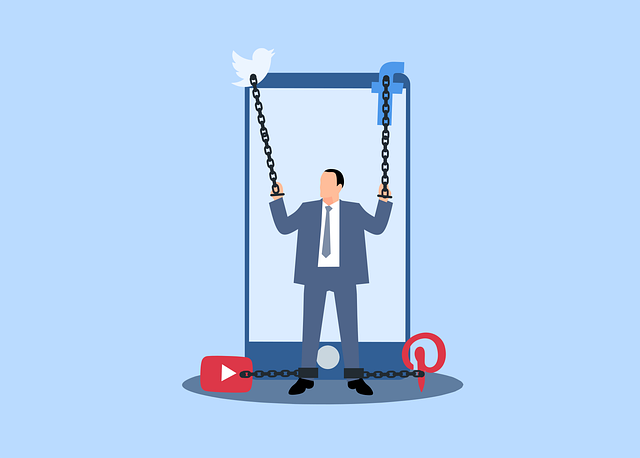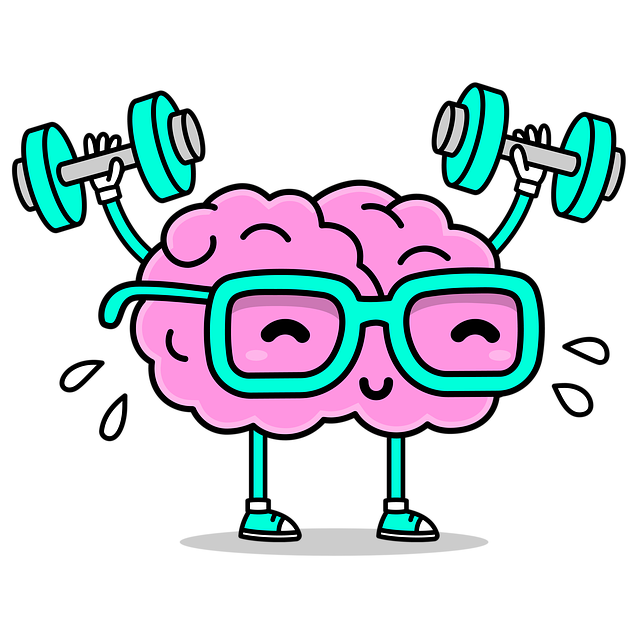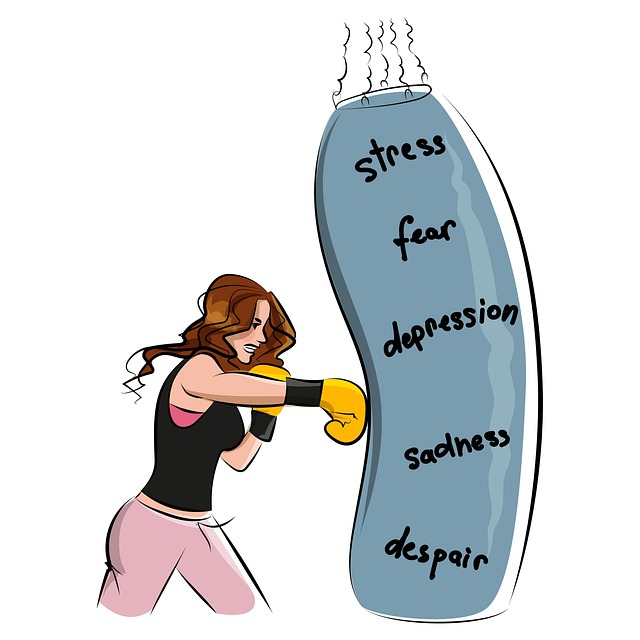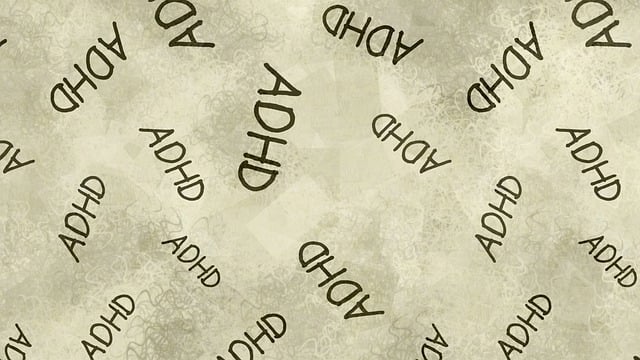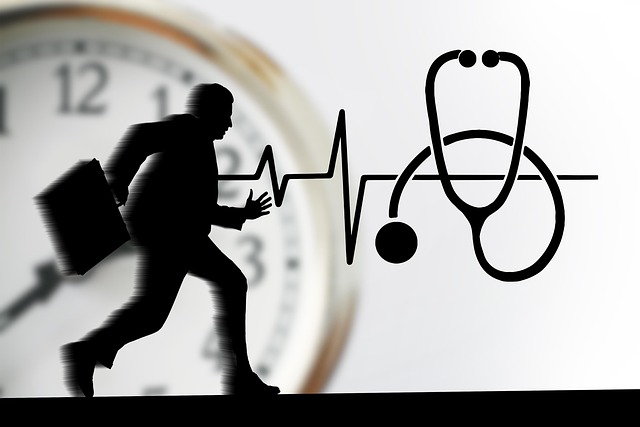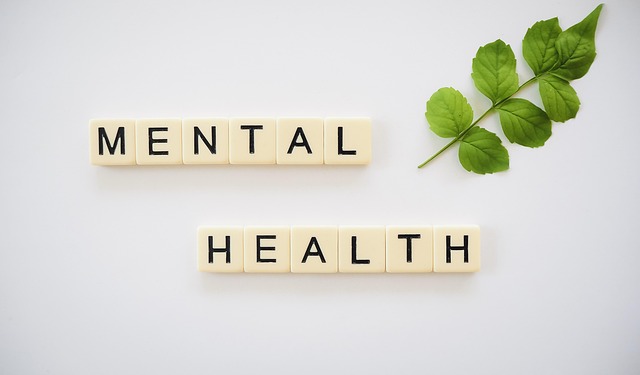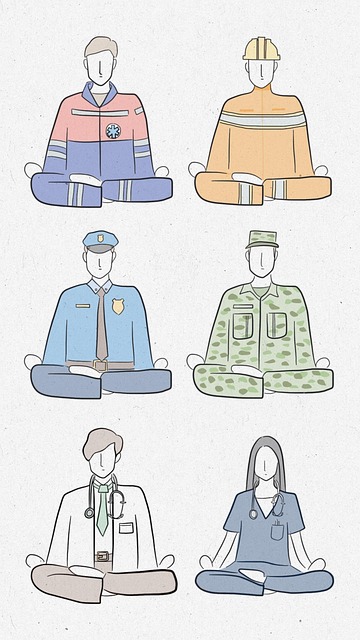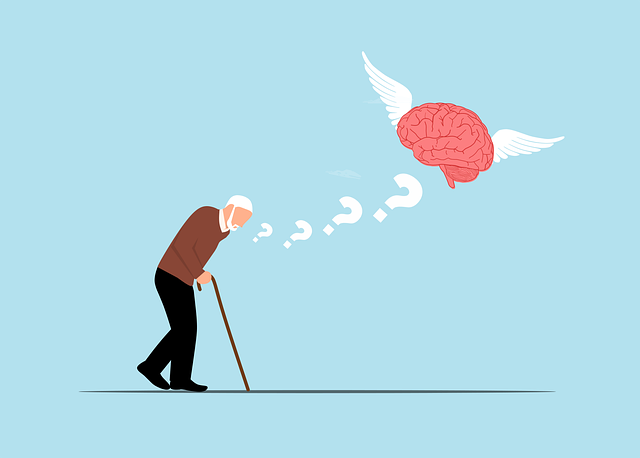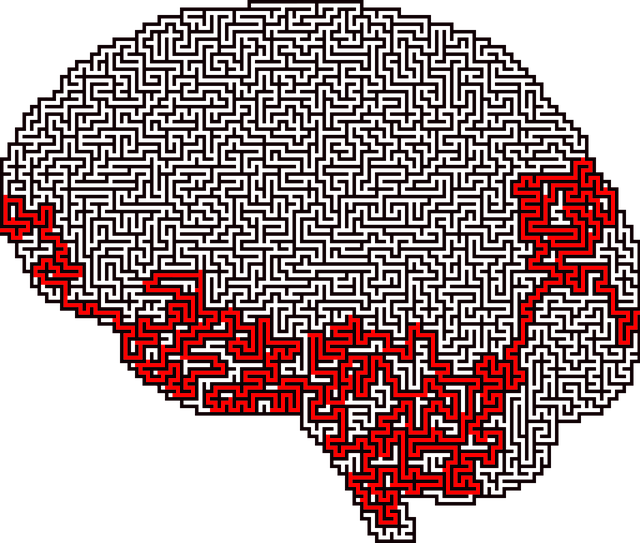Mental wellness groups tailored for young adults offer a supportive alternative to traditional therapy, focusing on peer connections and shared experiences. Using open communication strategies and biofeedback methods, these groups help participants explore emotions, build resilience, and cultivate inner strength. Biofeedback, a revolutionary tool, empowers young adults to control physiological responses and emotional states, enhancing self-awareness and mental wellness. Effective facilitation creates safe spaces for processing past traumas and developing unique coping mechanisms, addressing common issues like anxiety, depression, and trauma prevalent among young adults. Public awareness campaigns destigmatize mental health issues, encouraging open conversations and improved emotional intelligence.
Mental wellness groups play a pivotal role in providing support and guidance for young adults navigating their mental health journeys. This article explores effective facilitation techniques, focusing on biofeedback as a powerful tool within these settings. We’ll delve into how skilled facilitators can create safe spaces, utilizing strategies that enhance group dynamics and individual growth. By combining traditional therapy with innovative biofeedback methods, mental wellness groups offer a transformative experience for young adults seeking to improve their emotional well-being and learn coping mechanisms.
- Understanding Mental Wellness Groups for Young Adults
- The Role of Biofeedback in Facilitation Techniques
- Effective Group Facilitation Strategies
Understanding Mental Wellness Groups for Young Adults

Mental wellness groups specifically tailored for young adults play a pivotal role in fostering a supportive environment for peer-to-peer connection and shared experiences. These groups provide an alternative to traditional therapy, offering a sense of community and understanding among individuals facing similar challenges. By facilitating open communication strategies, participants can explore their emotions, build resilience, and cultivate inner strength development.
Effective group facilitation techniques incorporate biofeedback methods to help young adults gain awareness of their physiological responses to stress and emotional triggers. This self-regulation skill is invaluable for managing anxiety, depression, and trauma, often prevalent among this demographic. Trauma support services within these groups encourage a safe space where members can process past traumas, promote healing, and develop coping mechanisms suitable for their unique needs.
The Role of Biofeedback in Facilitation Techniques

Biofeedback is a powerful tool that plays a significant role in mental wellness group facilitation techniques, particularly for young adults undergoing therapy. By providing individuals with real-time data about their physiological responses, biofeedback enables them to gain better control over their bodies and minds. This is especially beneficial for those dealing with stress, anxiety, or trauma, as it offers a tangible method to regulate emotional states. In the context of therapy for young adults, biofeedback can be incorporated into various activities like mindfulness meditation practices, helping participants develop empathy building strategies and enhance their overall mental wellness coaching programs development.
The process involves teaching individuals to monitor and adjust specific bodily functions such as heart rate and muscle tension. Through visual or auditory cues, they learn to recognize when these responses are triggered and how to proactively manage them. This not only fosters a deeper understanding of one’s body but also empowers young adults to become active participants in their mental health journey. As part of group sessions, biofeedback can facilitate collective learning, allowing members to share their experiences and insights gained from this technique, thereby strengthening the support system within the group.
Effective Group Facilitation Strategies

Effective group facilitation goes beyond merely managing a discussion. It involves cultivating a safe and supportive environment where every member feels empowered to express their thoughts and experiences. For young adults grappling with anxiety, depression, or stress, specific techniques can significantly enhance group dynamics. One such technique is biofeedback, which teaches individuals how to control physiological responses like heart rate and muscle tension, thereby boosting self-awareness and emotional intelligence. This not only aids in anxiety relief but also empowers them to take an active role in their mental wellness.
Public awareness campaigns play a crucial role in destigmatizing mental health issues, fostering open conversations, and encouraging young adults to seek therapy. By integrating these campaigns into group facilitation, facilitators can help participants understand that they are not alone in their struggles. This collective understanding can strengthen bonds within the group, create a supportive network, and ultimately contribute to improved emotional intelligence and overall mental wellness.
Mental wellness groups play a vital role in providing therapy for young adults, fostering a supportive environment that encourages open dialogue and personal growth. By incorporating biofeedback into facilitation techniques, group leaders can enhance participants’ self-awareness and coping strategies. Effective group facilitation strategies, such as active listening, structured activities, and promoting peer support, create a safe space where individuals can navigate their mental health journeys together. These approaches, combined with the evidence-based practice of biofeedback, offer a powerful toolset to empower young adults in managing their mental wellness.
